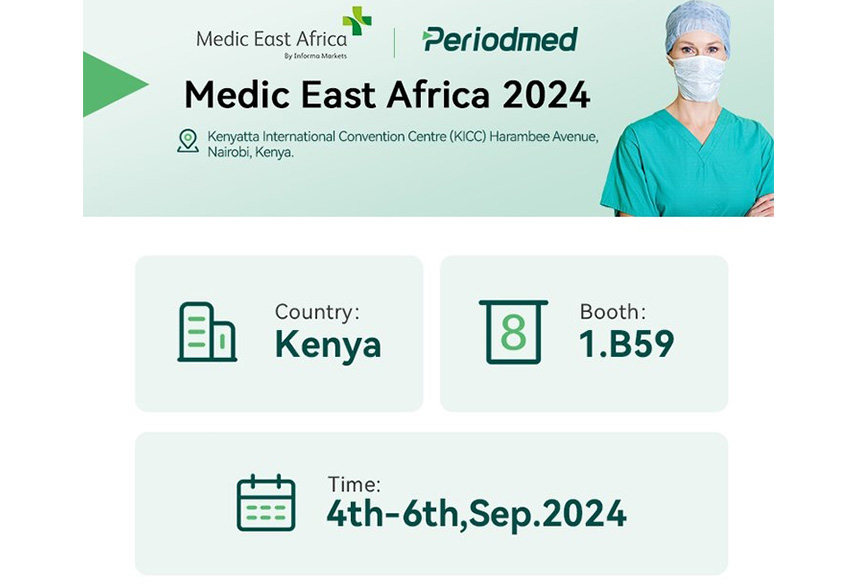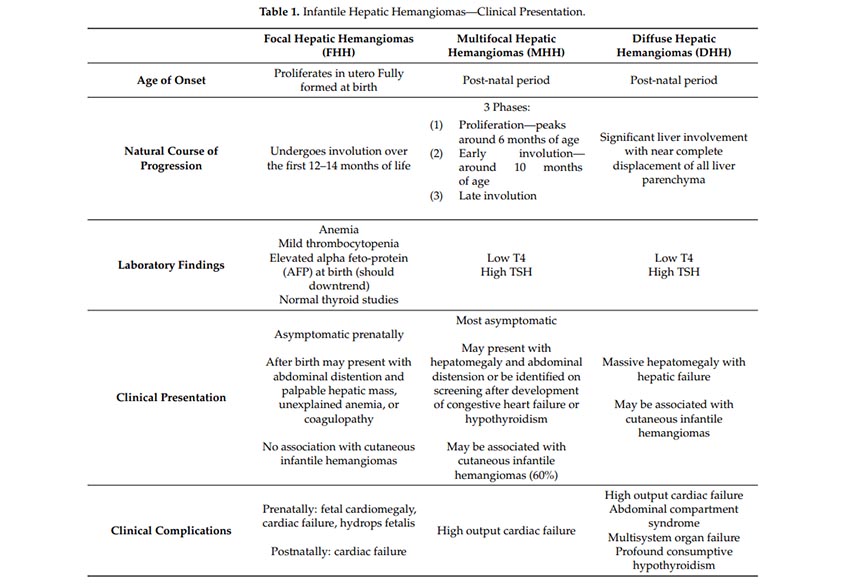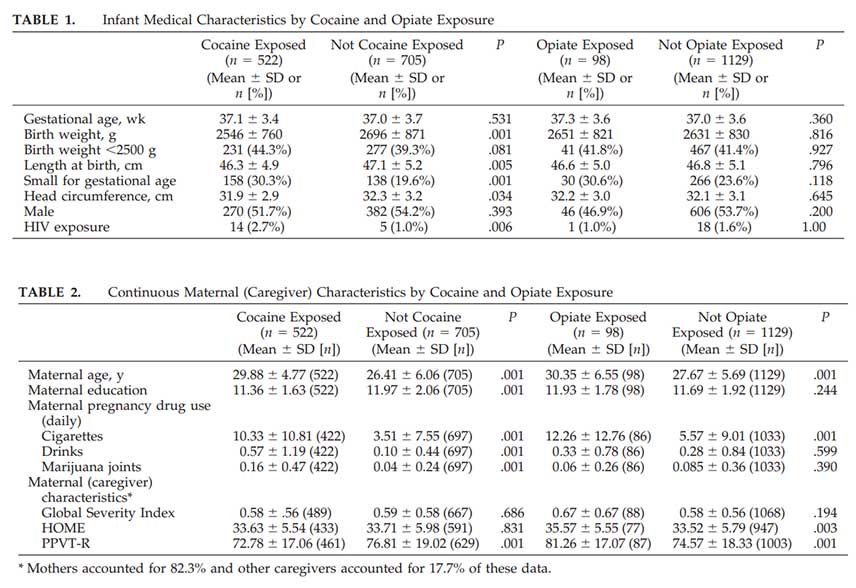Raise Awareness of Dementia on World Alzheimer’s Day
Alzheimer’s disease (AD) is the most common cause of dementia accounting for 60-80% of cases. Dementia is a general term for memory loss and loss of other behavioral and cognitive abilities.
What Is World Alzheimer’s Day 2025?
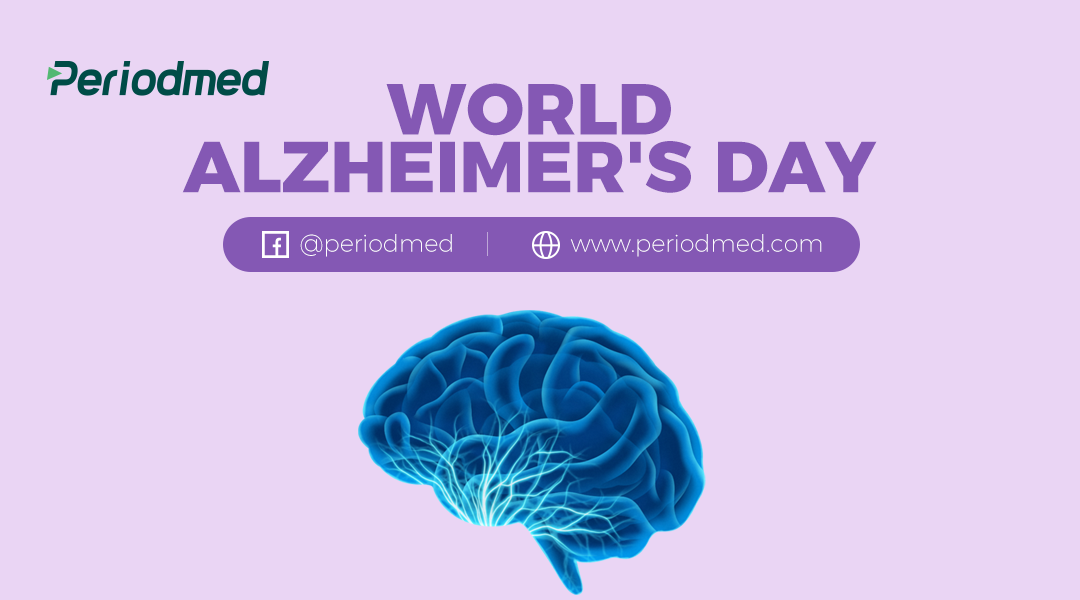
World Alzheimer’s Day is observed each year on September 21. Launched by Alzheimer’s Disease International in 1994, it raises global attention about Alzheimer’s and other dementias, honors those affected, and calls for action to support families and improve care.
Awareness helps build support for research into better treatments while also reminding communities of the need to protect people living with dementia as their condition progresses — particularly those living in nursing homes.
The 2025 theme, “Ask About Dementia, Ask About Alzheimer’s,” encourages families, caregivers, and communities to speak openly about memory loss. Honest conversations can lead to earlier diagnosis, stronger advocacy, and better care for older adults.
By bringing together health professionals, policymakers, caregivers, and families, this campaign pushes for more resources and continued research that can improve treatment and quality of life.
Facts About Alzheimer’s Disease in 2025
Over 55 million people live with dementia worldwide, and the number is projected to reach 139 million by 2050.
Alzheimer’s accounts for 60–70% of all dementia cases.
About 7.2 million Americans aged 65 and older have Alzheimer’s in 2025.
Alzheimer’s is the 7th leading cause of death, with an average survival of 4 to 8 years after diagnosis.
Dementia costs the global economy about $1.3 trillion, and nearly half comes from unpaid family care.
Women provide 70% of dementia care and are more likely to develop the disease.
Up to 75% of people with dementia worldwide go undiagnosed.
U.S. caregivers gave 18 billion hours of unpaid care in 2024, valued at $346 billion.
In 2025, 2 FDA-approved drugs, Leqembi® and Kisunla™, were found to slow Alzheimer’s progression in some patients.
13% of people diagnosed with dementia are admitted to nursing homes within the first year after diagnosis, with that rate climbing to 57% by year five.
4 Other Common types of neurodegenerative diseases
Alzheimer’s disease and Parkinson’s disease are the most common neurodegenerative diseases, followed by Amyotrophic lateral sclerosis, Huntington’s disease, and Creutzfeldt-Jakob disease.
Parkinson’s disease
Parkinson’s disease (PD) affects predominately dopaminergic neurons in the brain area called substantia nigra, leading to low levels or missing dopamine in the brain and eventually resulting in neuronal impairment.However, a new groundbreaking study by researchers in China suggests its origins may lie in an unexpected place: the kidneys, instead of starting in the brain.
In animal experiments, healthy kidneys were able to clear these proteins, but malfunctioning kidneys allowed α-Syn to accumulate and spread to the brain, leading to neurological damage.The study also found α-Syn buildup in patients with chronic kidney disease, even when no neurological symptoms were present. This raises the possibility that the kidneys may act as an early reservoir for pathological proteins, which later travel via blood or nerve pathways to the brain.
Source:Yuan, Y., et al. (2025). Peripheral α-synucleinopathy in kidneys contributes to Lewy body pathogenesis. Nature Neuroscience.
Though the research is preliminary and based on small sample sizes, it opens a new frontier in Parkinson’s research—suggesting that kidney health could be a target for early intervention and new treatments.
How Periodmed Brings Care for Kidney Health | Ultrasound Tips
Aura Handheld Ultrasound
PIU2A sets a new standard in handheld ultrasound. The wireless dual-probe with curved and linear transducers delivers crystal clear images anytime, anywhere. Designed for both novice and pros, it’s always with you—ultra-portable, customizable and intuitive. Small and lightweight, portable ultrasound devices goes with you to every patient.
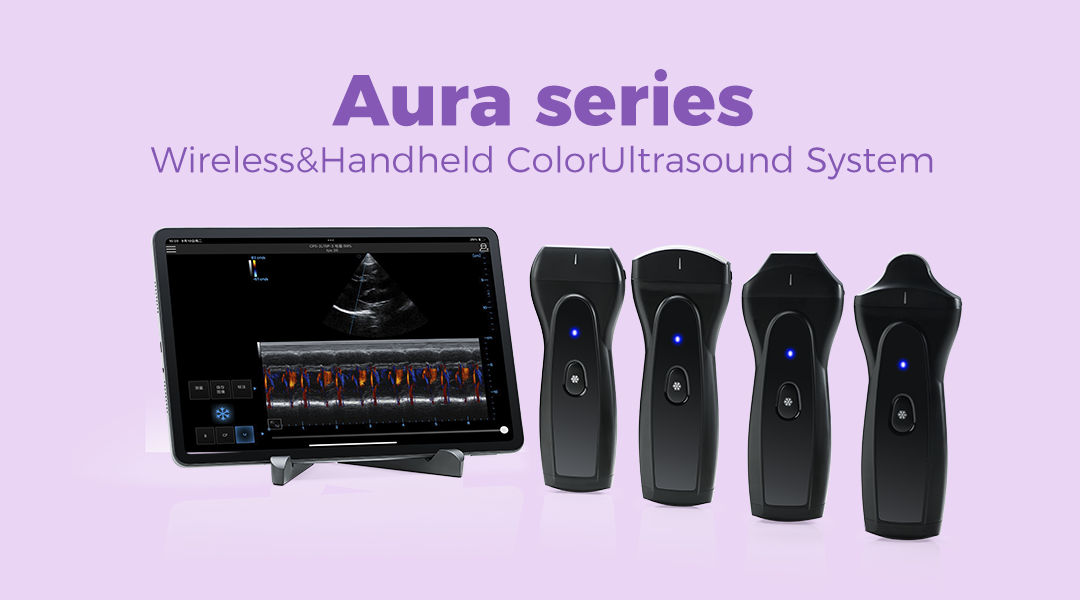
Vital sign monitoring systems
PV-L4V enables continuous tracking of vital signs and health parameters. This allows healthcare providers to closely monitor the health status of patients such as SPO2, NIBP, or TEMP, and intervene promptly when necessary. For individuals with dementia, who may have difficulty communicating their symptoms or needs, these monitoring systems can provide valuable insights into their well-being, ensuring that they receive the appropriate care and support.
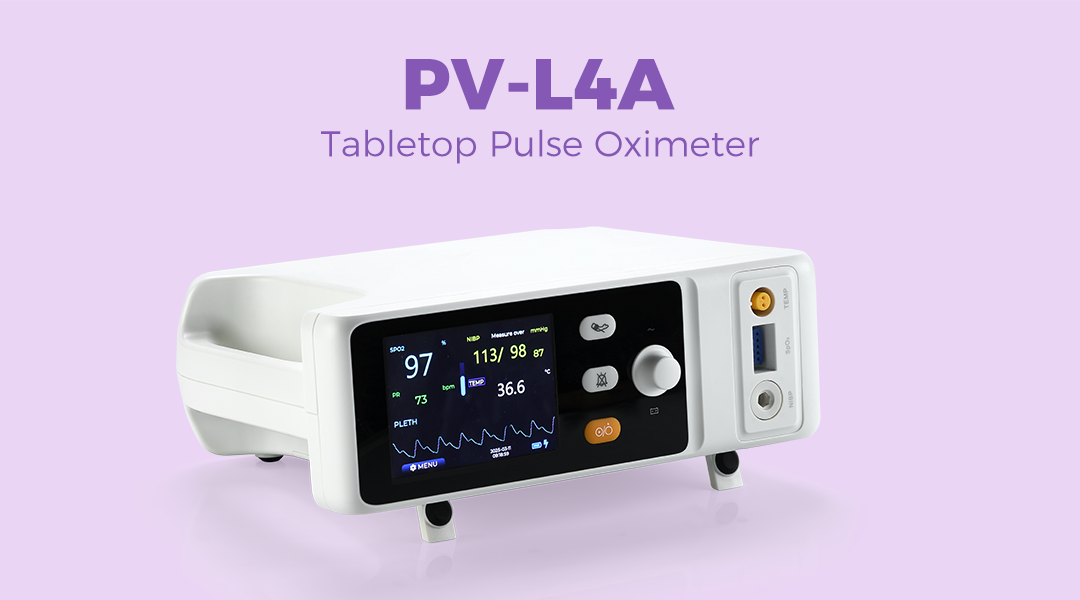
Amyotrophic lateral sclerosis
Amyotrophic lateral sclerosis (ALS) is a common neuromuscular disease that belongs to the group of motor neuron diseases. ALS is caused by degeneration of motor neurons leading to gradual muscle weakness and atrophy.
Huntington’s disease
Huntington’s disease (HD) is an inherited neurological disorder characterized by involuntary movements, severe emotional disturbance and cognitive decline.
Creutzfeldt-Jakob disease
Creutzfeldt-Jakob disease (CJD) is a rare, degenerative brain disorder and the most common prion disease (or transmissible spongiform encephalopathies). Symptoms usually occur at age 60, and about 70% of patients die within one year. CJD is characterized by rapidly progressive dementia.
How to Celebrate World Alzheimer’s Day
Families, caregivers, and advocates can honor World Alzheimer’s Day by taking part in awareness efforts and staying engaged while caring for loved ones. These observances in September create opportunities to educate others, show support, and help keep people with dementia safe.
Families and supporters can get involved by: Downloading the 2025 campaign toolkit from Alzheimer’s Disease International for graphics and facts
Sharing posts with #AskAboutDementia and #AskAboutAlzheimers to raise awareness
Visiting a loved one in care, spending time together, and asking staff how they’re doing
Awareness grows when families stay involved. Asking questions is one of the most effective ways to protect residents with dementia.

















 EN
EN CN
CN
